The sweet, woody scent of cinnamon has been known for the longest time as one of the most soothing fragrances on the planet. Derived from the brown bark of cinnamon trees and native to Sri Lanka, it’s been used for millennia as a spice, a medicine and an extremely valuable trade commodity. Historical records mentioned cinnamon as early as 2000 B.C., and it is even referenced in Biblical texts.
There are two types: Ceylon cinnamon, produced in Sri Lanka, and cassia cinnamon, coming mainly from China, Vietnam, and Indonesia.
Cinnamon usually comes in stick or ground powder form. In either form, the best way to preserve its freshness is to store it in a glass container in a cool, dark place. It is a popular ingredient in recipes and adds a slightly spicy flavor to numerous dishes.
Health Benefits of Cinnamon
While you’d probably be more likely to eat half a teaspoon of cinnamon rather than an ounce in one sitting, the above profile serves as an estimate of the nutritional benefits that can be derived from even a small amount. A tablespoon of cinnamon provides 4.14 grams of fiber, as well as 33.6 grams of potassium and 1.36 grams of manganese.
Manganese is a trace mineral that acts as a cofactor for enzymatic reactions crucial to “development, digestion, reproduction, antioxidant defense, energy production, immune response and regulation of neuronal activities.” It also helps promote blood clotting and support the growth of your bones and connective tissues.
As if that’s not enough, it’s also a component of the antioxidant enzyme superoxide dismutase, which helps neutralize free radicals that can damage cell membranes and DNA. Proper levels of manganese have been linked to the management of diabetes, epilepsy and even premenstrual syndrome (PMS). Additionally, cinnamon has been used as a coagulant to help reduce bleeding, as well as helping repel insects.
Another advantage is its antimicrobial activity. When researchers tested the effects of just a few drops of cinnamon oil on 3 ounces of refrigerated carrot broth, the growth of the foodborne pathogenic Bacillus cereus was inhibited for 60 days. But the B. cereus flourished in the same amount of carrot broth without the cinnamon, despite refrigeration.
This antimicrobial effect was known to the ancient Egyptians, who used cinnamon in their mummification processes. Just smelling cinnamon or chewing cinnamon gum is enough to boost brain activity, according to another study.
For more helpful information on cinnamon, see “Cinnamon Health Benefits Proven,” and check out the table below for its other nutritional properties.
| Cinnamon Nutrition Facts
Serving Size: 1 tablespoon (7.8 grams), ground |
||
| Amt. Per Serving |
||
| Calories | 19.3 | |
| Calories from Fat | 1 | |
| Total Fat | 0 g | |
| Saturated Fat | 0 g | |
| Trans Fat | ||
| Cholesterol | 0 mg | |
| Sodium | 0.78 mg | |
| Total Carbohydrates | 6.29 g | |
| Dietary Fiber | 4.14 g | |
| Sugar | 0.169 g | |
| Protein | 0.311 g | |
| Vitamin A23 IU | Vitamin C | 0.296 mg |
| Calcium78.2 mg | Iron | 0.649 mg |
Studies Done on Cinnamon
One study noted that while cinnamon may help reduce blood glucose concentration and enhance insulin sensitivity in normal-weight adults, obese individuals experience insulin resistance, which results in increased fasting and postprandial (after-meal) blood glucose and insulin levels. To compare dips in postprandial glycemic response, 30 people of both types were given just under a cup of instant farina cereal, half of them with 6 grams of ground cinnamon added and the other half plain. Blood glucose levels were measured at several intervals, from 15 minutes to two hours.
The addition of cinnamon to the cereal resulted in a significant reduction in blood glucose levels in the first group, compared to the second. The researchers concluded that cinnamon may be effective in moderating postprandial glucose response in normal weight and obese adults.
Scientists also reported that cinnamon could be used as a potent chemopreventive drug in cervical cancer, and may be an extremely promising strategy for cancer prevention. Cinnamon was noted as one of the most widely used herbal medicines that have diverse biological activities, such as inhibited tumor growth. The report concluded that cinnamon extract induced apoptosis (death) in cervical cancer cells.
Cinnamon Fun Facts
Spices were so highly revered hundreds of years ago that nations went to war over them. In 1518, the Portuguese invaded the island kingdom of Kotto in Sri Lanka, seizing the cinnamon trade. This caused the kingdom of Kandy to join forces with the Dutch to drive out the Portuguese, giving them control of the cinnamon industry for the next 150 years.
Summary
Cinnamon is so much more than just a fragrant spice. Ancient Egyptians used it for embalming the dead, and traditional uses in a number of cultures around the world lead to the discovery that cinnamon could be useful for alleviating bad breath and menstrual cramps.
Modern science has pinpointed numerous ways that cinnamon may be used to reverse serious medical conditions, such as cancer and diabetes, several studies have identified it as a substance that has amazingly effective cognitive effects, along with lowering insulin levels and proving itself to be chemopreventive.
Cinnamon’s health benefits, such as eliminating microbes, managing blood sugar levels and scavenging free radicals are renowned throughout the world, and continue to show promise.

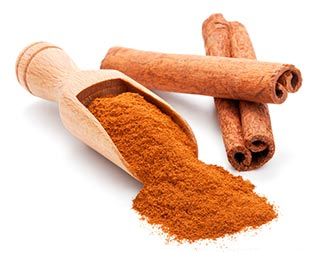
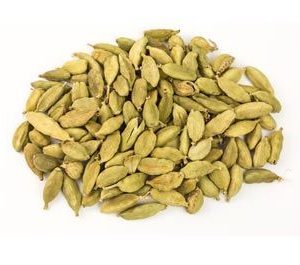
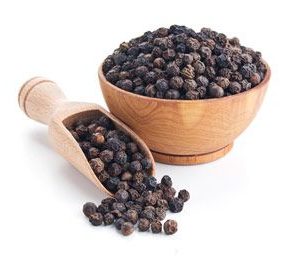
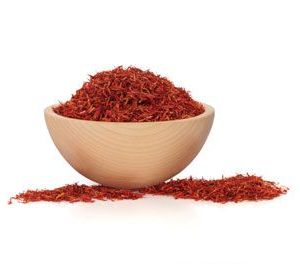
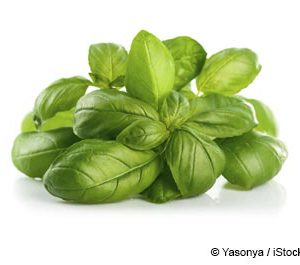

Reviews
There are no reviews yet.